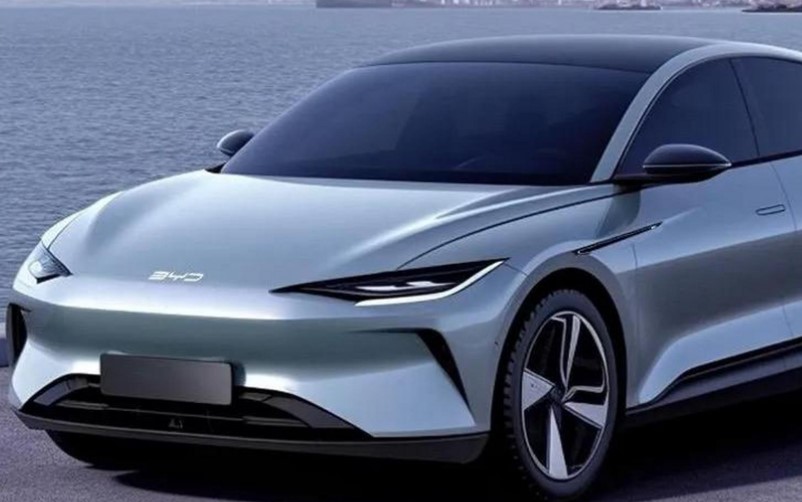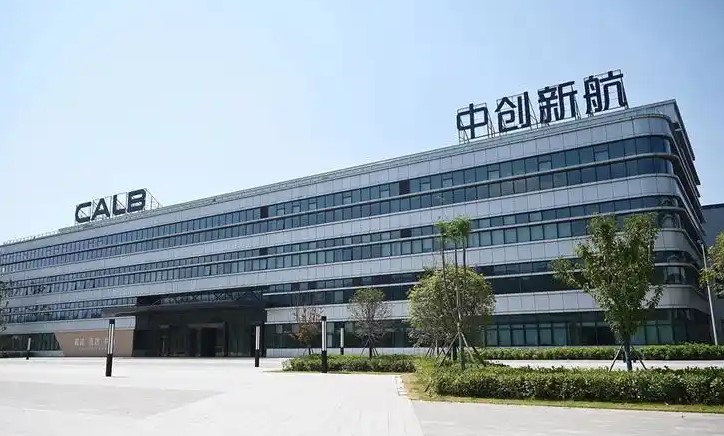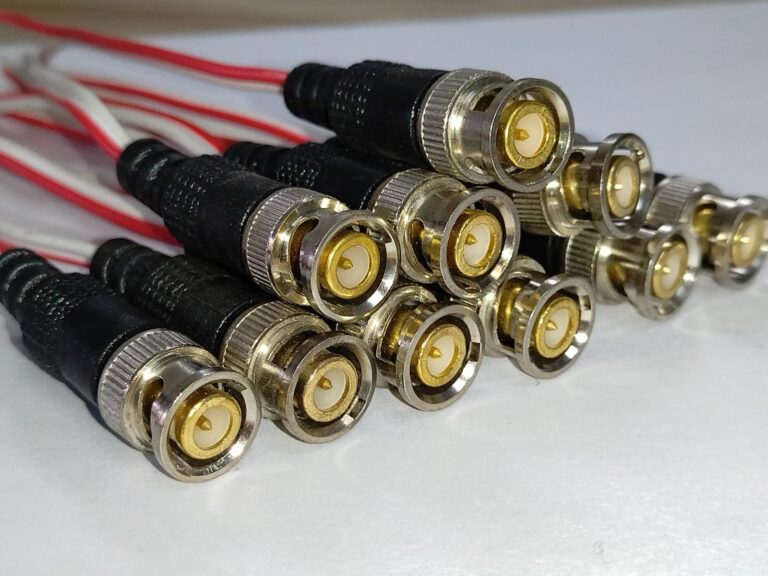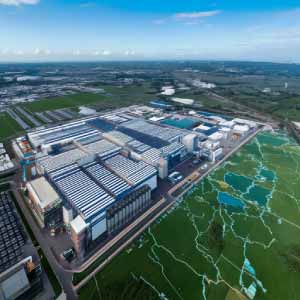BYD Company Limited Detailed Research Report ,4
■ Application by Sector: BYD leverages its battery technology across multiple application domains:
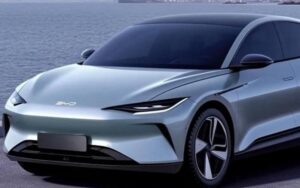
- Electric Vehicles (EVs): BYD is unique as both a battery producer and an automaker. It uses its batteries in its passenger EVs, which range from mass-market models to luxury electric vehicles under brands like Yangwang. Since March 2022, BYD ceased production of pure gasoline cars to focus exclusively on new energy vehicles (EVs and PHEVs).
All BYD pure electric cars now use the Blade LFP battery, giving them a strong safety and cost advantage. This vertical integration has contributed to BYD’s rapid ascent in the EV market – in 2023, BYD sold 1.86 million NEVs, surpassing Tesla in unit sales (when including PHEVs).
Notably, BYD has also begun supplying its batteries to other automakers. For example, Tesla sources LFP Blade Batteries from BYD for some of its Model Y vehicles in China, and companies like Toyota, Ford, and Hyundai have been reported to consider or use BYD’s LFP batteries in certain models.
In the commercial vehicle sector, BYD is a world leader in electric buses and trucks, deploying its batteries in transit buses in cities from Shenzhen to London and Los Angeles. These buses benefit from LFP batteries’ long life and safety. BYD’s electric trucks and forklifts similarly use in-house batteries, highlighting the versatility of its battery tech in heavy-duty cycles. - Energy Storage Systems (ESS): BYD is a major player in stationary energy storage, offering solutions for residential, commercial, and utility-scale use. Its BYD Battery-Box product line (low-voltage and high-voltage lithium battery cabinets) is widely used in home solar storage setups in Europe and elsewhere.
For large-scale storage, BYD provides containerized BESS (battery energy storage systems) to utilities – for instance, BYD has supplied multi-megawatt battery farms in projects across the US, Australia, and China. The company’s move to launch a sodium-ion BESS product in 2024 demonstrates its commitment to innovating in the ESS space. BYD’s batteries in storage applications help stabilize grids and support renewable energy integration.
Thanks to their safety and lifespan, BYD’s LFP-based storage solutions have been popular; now its sodium-ion systems aim to offer a cost-effective alternative for large installations. With competitors like Tesla (Megapack) and LG Energy also targeting the ESS market, BYD’s full range of battery chemistries (LFP for standard applications, and potentially Na-ion for lower-cost stationary needs) gives it a broad portfolio. - Industrial and Specialty Uses: BYD’s batteries power various industrial and specialty vehicles. The company produces electric forklifts and warehouse equipment using LFP battery packs, leveraging the high cycle life for material handling operations.
In mining, BYD has developed electric mining trucks and utility vehicles, again using robust battery systems to replace diesel. BYD even ventured into rail transit, constructing a battery-powered straddle monorail system (“SkyRail”) – the trains and backup systems use BYD batteries to allow autonomous operation in case of power loss. These examples show how BYD adapts its core battery modules into different form factors to electrify industries beyond road vehicles. - Consumer Electronics: It’s worth noting BYD’s origins as a battery supplier for consumer electronics. In the early 2000s, BYD became Nokia’s first Chinese supplier of lithium phone batteries, and BYD Electronics (a BYD subsidiary) continues to manufacture batteries and components for smartphones, laptops, and other gadgets.
While this segment is now a smaller portion of BYD’s overall business, it provided foundational expertise in battery manufacturing.
The experience with small-format lithium cells and high-volume production laid the groundwork for BYD’s later success in large automotive batteries. BYD’s ability to cover everything from smartphone batteries to electric bus batteries underscores the breadth of its battery technology applications.

